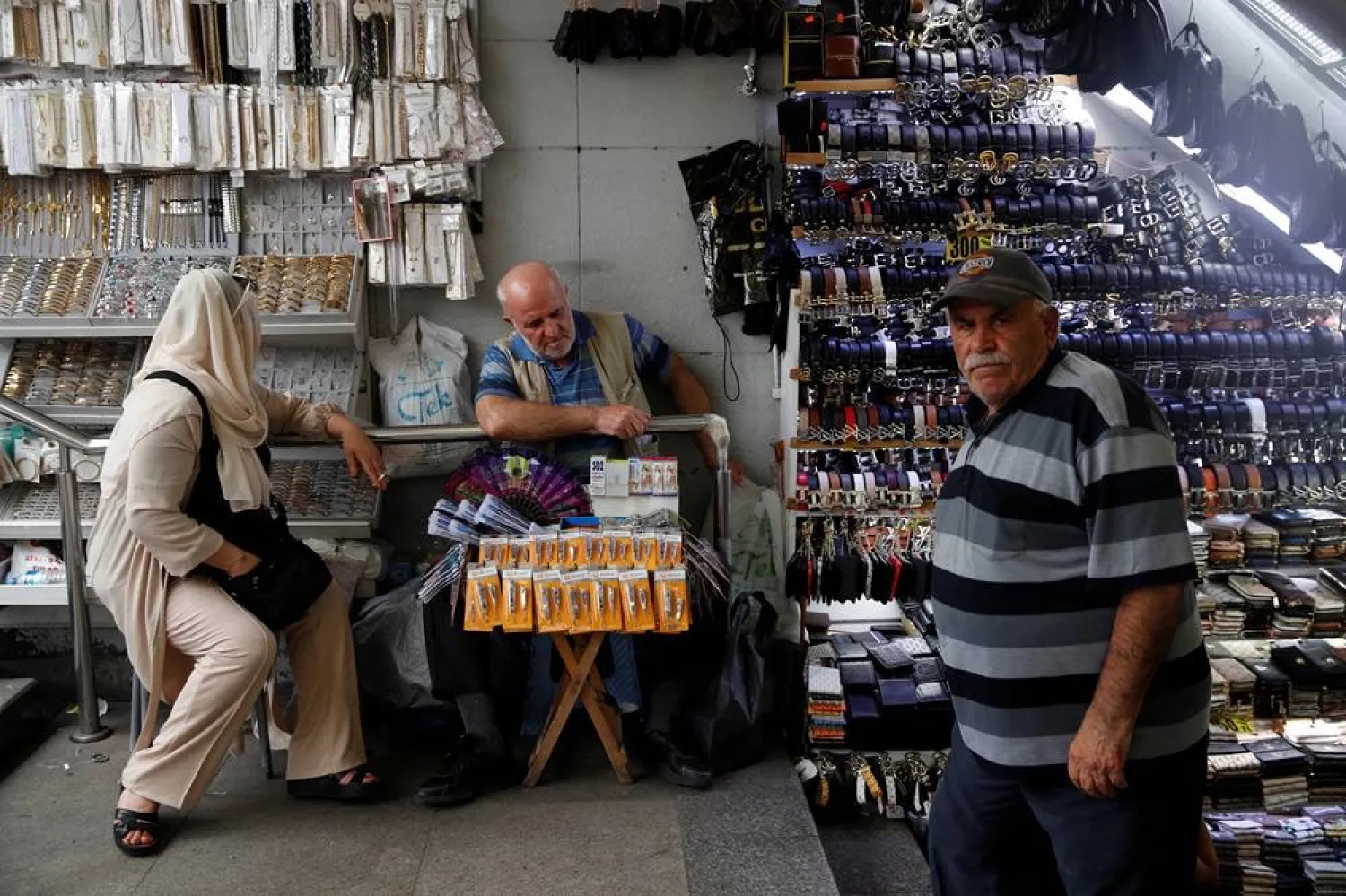Ratings agency Moody's upgraded Türkiye’s ratings to "B1" from "B3" on Friday, citing improvements in governance and a tighter stance on monetary policy.
Backed by President Recep Tayyip Erdogan and spear-headed by Finance Minister Mehmet Simsek, Türkiye has been implementing a tight monetary and fiscal policy since last year to tackle soaring inflation. Annual inflation dipped to below 72% last month from above 75% in May, which is seen as the peak.
Türkiye’s central bank has raised its main rate to 50% from 8.5% since Simsek was appointed last year.
The country's central bank has recently said it will maintain its tight monetary policy stance until a permanent decline in inflation is achieved. In June, the central bank reiterated that disinflation would take hold in the second half of the year.
Last month, the international crime watchdog, Financial Action Task Force (FATF), removed Türkiye from its "grey list" of countries that require special scrutiny, in a boost to the country's economic turnaround plan.
Moody's is the first credit ratings agency to announce new ratings for Türkiye following the FATF decision.
Lower current-account deficit and improvement in the central bank's financial position has materially reduced the country's external vulnerability, Moody's said.
"Earlier concerns over rising risks of a full-blown balance of payments crisis - which had triggered successive downgrades to the B3 rating level - have for now dissipated," the agency added in a statement.
The agency also maintained its "positive" outlook on Türkiye, expecting authorities to maintain its tight economic policy stance for longer.









